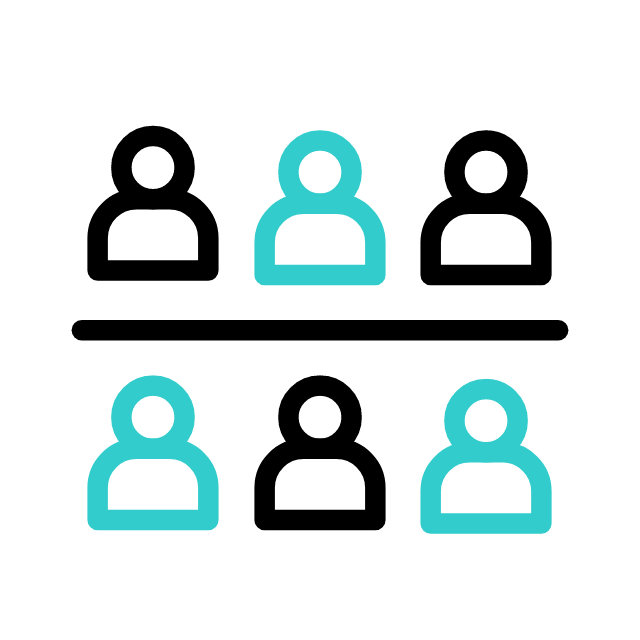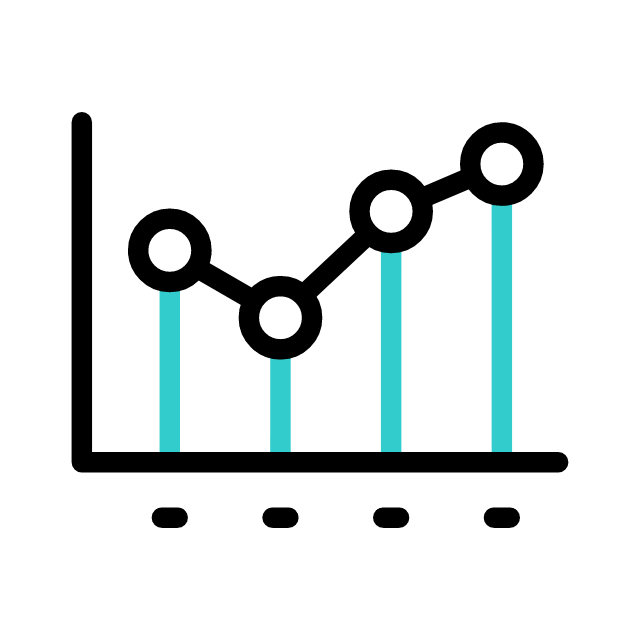LUNG cancer Prevention
The lung cancer screening criteria
Our team is working on a technology to detect early stage lung cancer biomarkers in a non-invasive, fast and affordable way

Learn if you are in the risk population
This includes assessing your personal risk factors, such as smoking history, exposure to radon and other cancer-causing substances, and family history.

Pre-screen
If you are considered to be at high risk, you will then be pre-screened non-invassively to avoid unecesary exposure to computed tomography (CT) scan

Diagnose
Depending on the pre-screening results, you will be directed to a medical facility for low-dose computed tomography (CT) scan, followed by biopsy ito confirm the results

Monitor
If lung cancer is diagnosed, regular monitoring will be done to track the progression of the disease and to monitor when additional procedures are needed.
Do you want to participate in our studies?
Send us a message
Are you interested in making a difference in the fight against lung cancer? Send as a message and will update you when our studies are open for recruitment
Frequently asked questions
If you are over 40 and have either, a history of smoking, exposed to risk factors, such as radon, asbestos, or other toxins in the environment, or a family history of lung cancer. If you meet these criteria and are interested in participating, please send us your information and we will update you once we start the recruitment process.
Your participation will not only contribute to the advancement of medical research, but it could also potentially save lives.
Together, we can work towards a future where lung cancer is detected early and treated effectively for all.
